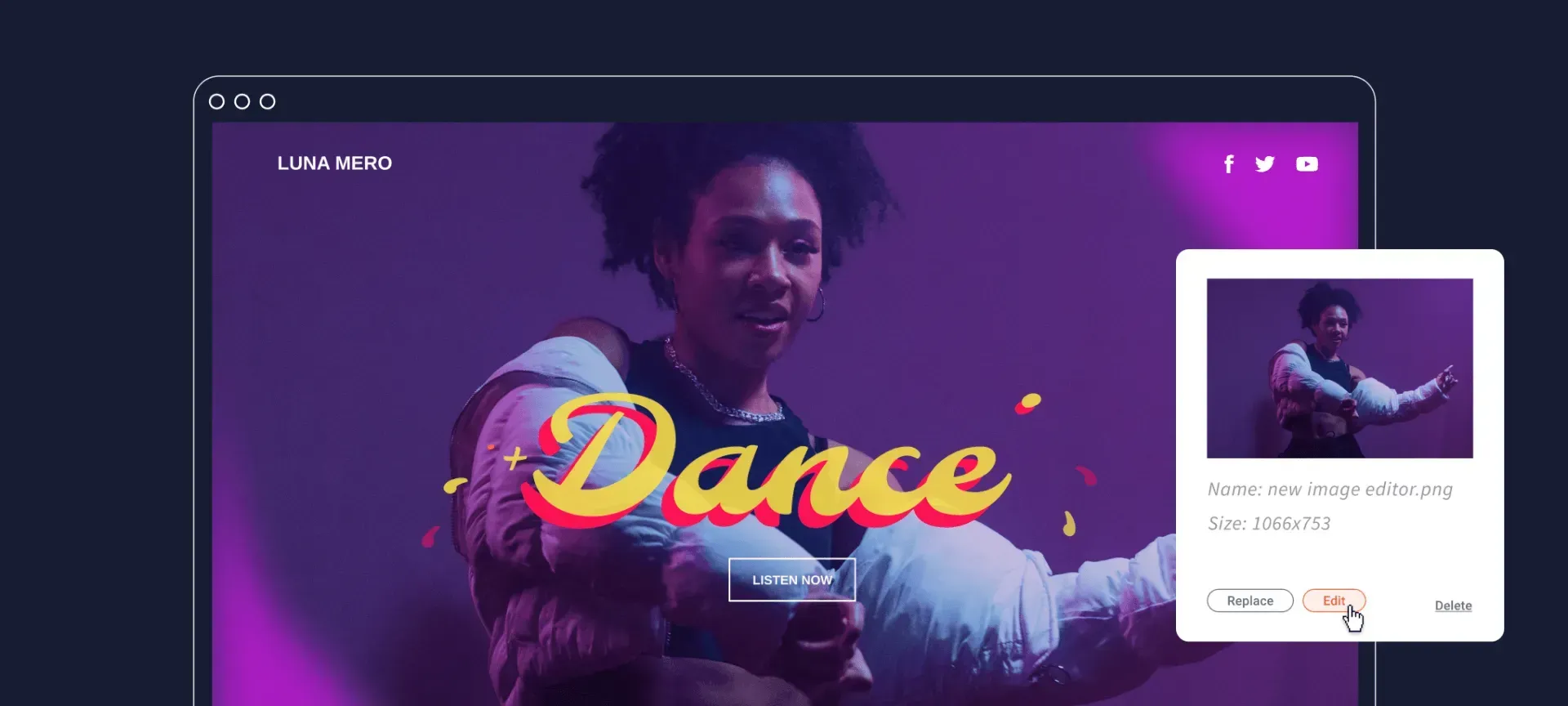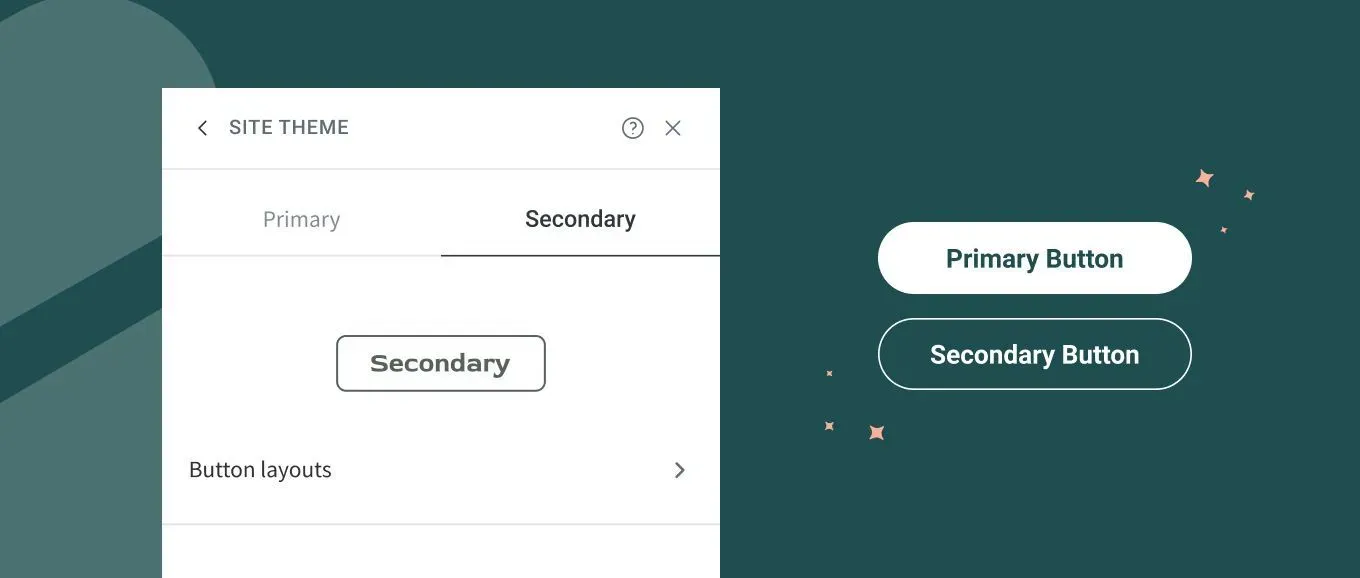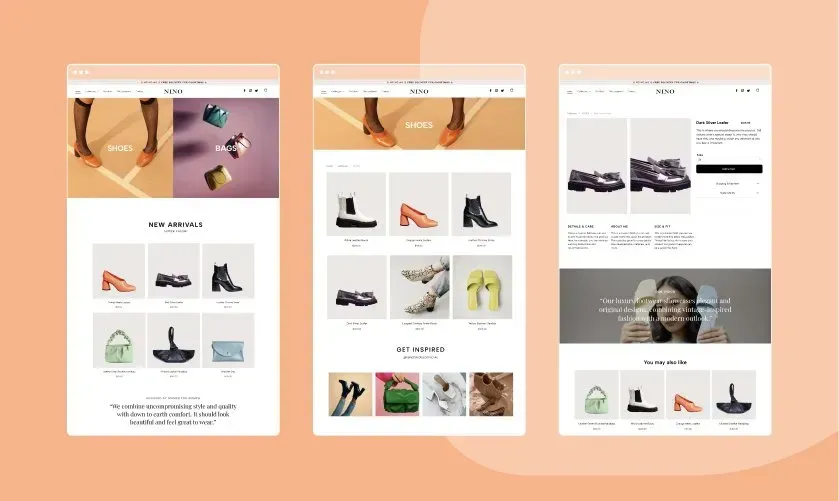If you are looking for a safer online experience, you might search for options on the good ol' trusted Google. And with that, you'll likely be met with search results that mention VPNs... now first you'll probably ask "what on earth is a VPN?", closely followed by "is a VPN necessary?".
Whether or not you should use a VPN depends on how you use the internet, your reliance on public Wi-Fi, and your overall privacy and safety needs. But do not panic, this blog is here to clear everything up for you. We promise you'll finish the blog and know, for sure, whether or not you need a VPN.
What is a VPN?
A VPN stands for virtual private network, and simply encrypts data as it moves from one place to another across the internet. So instead of your information traveling across the exposed highways of the world wide web, a VPN keeps your search history, downloaded files, online activities, and geolocation secure in a private tunnel.
Do I need a VPN?
This question is very broad, as the reasons for needing a VPN will vary from person to person - but let's just set the record straight- it's not just ultra-sleuths or spy agencies who benefit from using a VPN. One purpose of a VPN is to protect personal information and accounts from hackers or dangerous cybercriminals, but they’re also great for getting unrestricted and anonymous access to the internet.
What are the benefits of using a VPN?
The advantages of a VPN are numerous. The top benefits start with cybersecurity and continue on to enhanced user experience. You may be wondering: Is it safe to not use a VPN? That entirely depends on factors such as your location, digital activities, need for security, and reliance on unprotected public Wi-Fi connections. Here are the top 9 reasons people use a VPN:
1) To secure public Wi-Fi connections
We all find ourselves hopping onto an unsecured public Wi-Fi network from time to time. Whether we're on-the-go at a local cafe or connecting to the not-so-advanced Wi-Fi network at the library or other public space, a VPN makes connecting to a Wi-Fi network a safer experience.
2) To stream regionally blocked websites and content
If you travel quite a bit, you'll be all too familiar with this problem. You pay for a streaming service or website access in one region, only to realise you're blocked or cannot access it in another. Yes, there are several ways to unblock websites and access restricted content online, but using a VPN is the best and easiest approach.
3) To prevent ISP tracking
Your ISP (internet service provider) tracks your online activity and can share this data with advertisers, governmental bodies, and other third parties without your knowledge or consent. They do this for several reasons - not all nefarious - but it’s an invasion of privacy nonetheless. Some countries require ISPs to store your digital activity data, while other countries, like the United States, openly allow ISPs to sell your browsing data to advertisers and data brokers. NOTE: If that's not enough of a reason to use a VPN to block ISP tracking, remember that they also have access to your passwords, social media data, and physical location through this too.
4) To avoid censorship
Some countries limit your ability to freely explore the internet and access information. Censorship is often on a national level, but can also occur when connected to a company or school network. A VPN circumvents the censorship problem by giving you easy access to whatever content you want from anywhere in the world.
5) For online banking security
For many banks and other financial institutions (particularly in Europe) have moved to two-factor authentication to access accounts and sensitive data. But worryingly, there are some that do not, and your online banking activity can easily be exposed to hackers on unsecured networks. Yes some connections are better than others when it comes to the best browsers for security and privacy, but nothing compares to the safety of using a VPN.
6) To prevent price discrimination
First, let's explain what price discrimination actually is - it's the practice of pricing products and/or services differently based on your location, how you typically use / make purchases on the site (i.e. are you a first-time or repeat visitor or customer), and your online shopping preferences.
A VPN can shield you from getting targeted for a higher price based on your browsing and purchasing habits, or assumptions about your socio-econmoical status based on what your IP address is.
7) To unblock social media
Is your favourite social media platform at risk of being banned in the country you're travelling to or worse your home country? This actually happened recently, when there was a possibility that TikTok was being banned in the US, but thankfully that never came to fruition. Yet there are plenty of countries that restrict or outright ban the use of social media apps like Facebook, Twitter, Instagram, and WhatsApp. So a VPN lets you select the county from which you access the internet, granting you the same social media access you would have if you were really there.
8) For online shopping security
Every time you shop online, you share your payment details. This information can easily be swooped up by hackers, along with personal data like your full name, date of birth, and address, which can lead to identity theft. However, using a VPN will ensure all that information is secure so you can shop online privately and safely.
9) To stay anonymous when browsing
Finally, one of the most-cited reasons for using a VPN is online privacy and anonymous browsing. There are many reasons for wanting to stay anonymous when browsing online, many of which relate to the other benefits mentioned above.
Do I need a VPN at home?
So far, we've mainly spoken about public internet connections - but what about at home? Home networks are generally very safe, assuming you’ve set a strong Wi-Fi password. You can also rely on the latest software updates for additional router security. But using a home VPN gives you an extra layer of security against hackers and snoops that aren't provided by your internet provider.
A home VPN will hide your IP address while you’re online and prevent your ISP from monitoring your activity. Using a VPN on your home network gives you the bonus of anonymous browsing too, which can result in better flight deals, unrestricted streaming access, and no censorships digitally.
What are the top reasons for a home VPN?
- Watch whatever you want online
- Find better online shopping deals and flights
- Increased online privacy
- Smart home protection
In conclusion, is a VPN necessary?
As we said before, the reasons to use a VPN are varied and depend on how important a VPN is to your digital life. The main reasons to use a VPN relate to online privacy and a better user experience. For example, some gamers use a VPN for gaming to hide their IP address or change their location while playing.
The ultimate decision to use a VPN is entirely dependent on what you need or want from it, but everyone can benefit from the protections a VPN provides:
- Accessing content freely and circumventing censorship
- Avoiding price discrimination
- Concealing your online activity from your ISP, employer, or government
- Hiding your IP address to keep you anonymous online
- Protecting your data while using public Wi-Fi
Now we have provided you the know-how, it is up to you to decide if a VPN is the way forward for you and your online safety measures.



